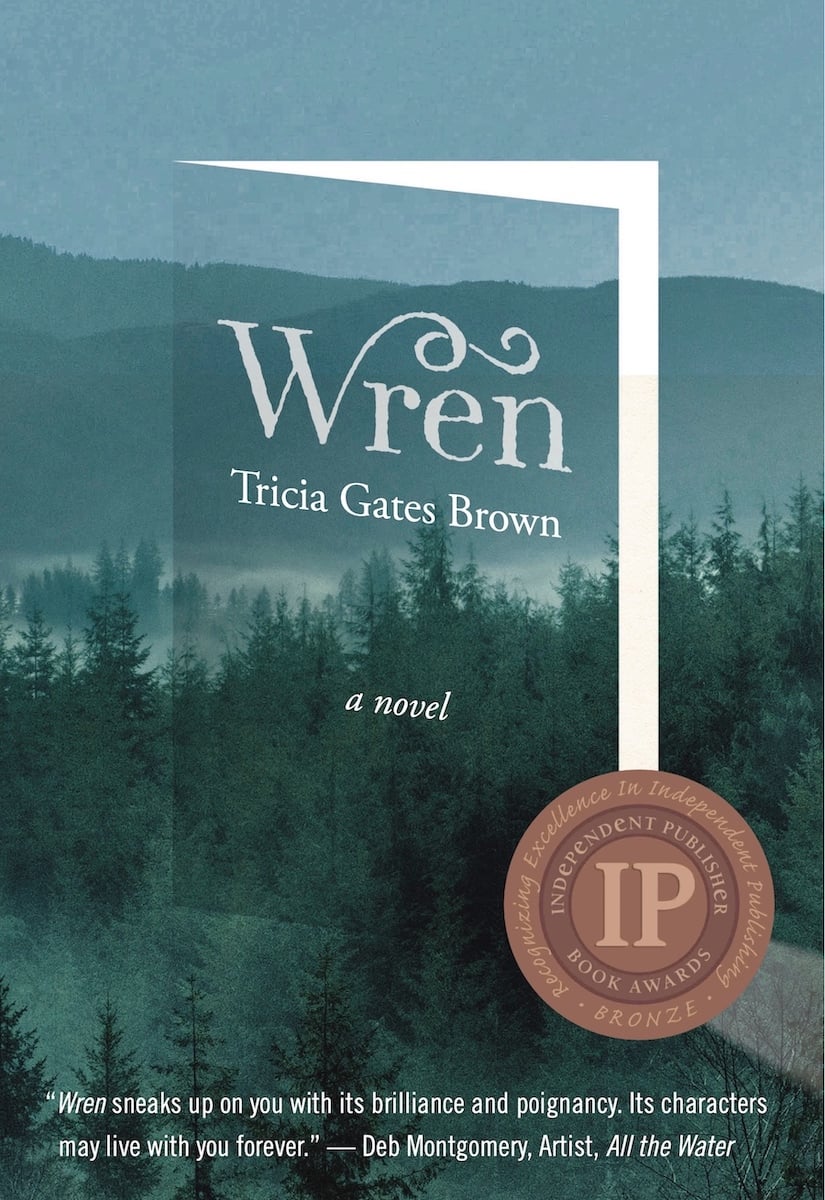
Let’s start with what I can say with whole heart. The words appear in the prayer we say, in my tradition, post-communion: Send us now into the world in peace, and grant us strength and courage to love and serve you with gladness and singleness of heart; through Christ. These words, I adore—wholeheartedly. They resonate in me with longing to give myself in love for this world—not “this world” in the abstract, but in love for my partner, the animals in my care, my more annoying family members, the land I care for, the people I run into on errands or in the midst of my job. The phrase acknowledges my need for strength and courage because I’m often just freaking tired. The phrase speaks of my faith that “the Christ” is the presence of the God-force scattered throughout all creation from its inception, a centerpiece of my worldview. The phrase uses words that make my heart sing, like “singleness of heart” and “send us now into the world.” As I say these particular words, I close my eyes and let the resonances fill me. Those familiar with the prayer will note I’ve cropped the phrase “the Lord” from “Christ, the Lord.” Because, let’s face it, Lord-language starts to get on my nerves. Not just for its colonial overtones, but for other reasons theological. Doesn’t the “praise me; praise me” and “call me Lord” theology suggest a power-grubbing insecure God who wants to be lauded above all else? Reminds me of a certain past president more than the divine presence I’ve come I know. No thank you.
But obviously the liturgy I say each time I participate in church (in my case as an Episcopalian, based on the Book of Common Prayer)—even helping lead the liturgy as a clergy person—is redolent with “Lord” language. Indeed, it is redolent with all sorts of patriarchal, dated (read: colonial; theologically conservative) language and creedal statements I don’t intellectually assent to (the virgin birth being an example of the latter). Yet, I participate. What gives?
The “what gives” is a key theme of this column. Essentially, this is what gives: I find value in participating in ancient, established paths that bind us with others as a “we,” as communities and fictive families. Present-day American culture overemphasizes individualism and ideological purity—whether in our political affiliations, our community adherence, our religious views, or in other ideological spheres.
Often when we encounter something in a community or ideology that gives us pause, that we do not intellectually assent to, we are tempted to jettison the whole thing. Indeed, jettisoning groups and other affiliations has come to be viewed as laudable. This has precipitated a dual set of trends: the trend of some choosing to adopt the views of groups so uncritically that conspiracies and ‘alternate facts’ proliferate (i.e. if ideological purity is required and ridiculous claims are part of the ideology, you must adopt the whole ideology uncritically, including the ridiculous). And secondly, the trend of some to abandon all traditional and community associations (i.e. if ideological purity is required and one has criticisms of the ideology, one must jettison the whole thing). The latter has caused many modern people to be disconnected from traditions and communities entirely, leading social commentators to note a proliferation of loneliness and interpersonal disconnection. I contend that both trends make us sicker as a society. I also contend that while “ideology” may be viewed as a bad word and something to avoid, no one is free of ideology. We all have ideologies.
From the moment I walk into the sanctuary of my small church and smell the incense Father Agustin burns before my arrival, my heart swells. The slant light through the colored-glass windows; the participation in something ancient (certain prayers in the liturgy—the Sanctus, the Gloria—are 2000 years old); the sensory potluck of the thing (plainsong-sung words at the start of Eucharist, wine on my tongue, the aforementioned incense and light, and at least pre-pandemic, songs and the hugs of “passing the peace”); the love I have for fellow congregants. These experiences—and myriad similar experiences in parallel traditions—are what religion offers. And I would say, the intellectual beliefs matter not. This puts my perspective at odds with traditions that emphasize believing certain doctrines as the key to adherence, even salvation. But theirs is just one perspective. Here, in this column, you will find another.


















